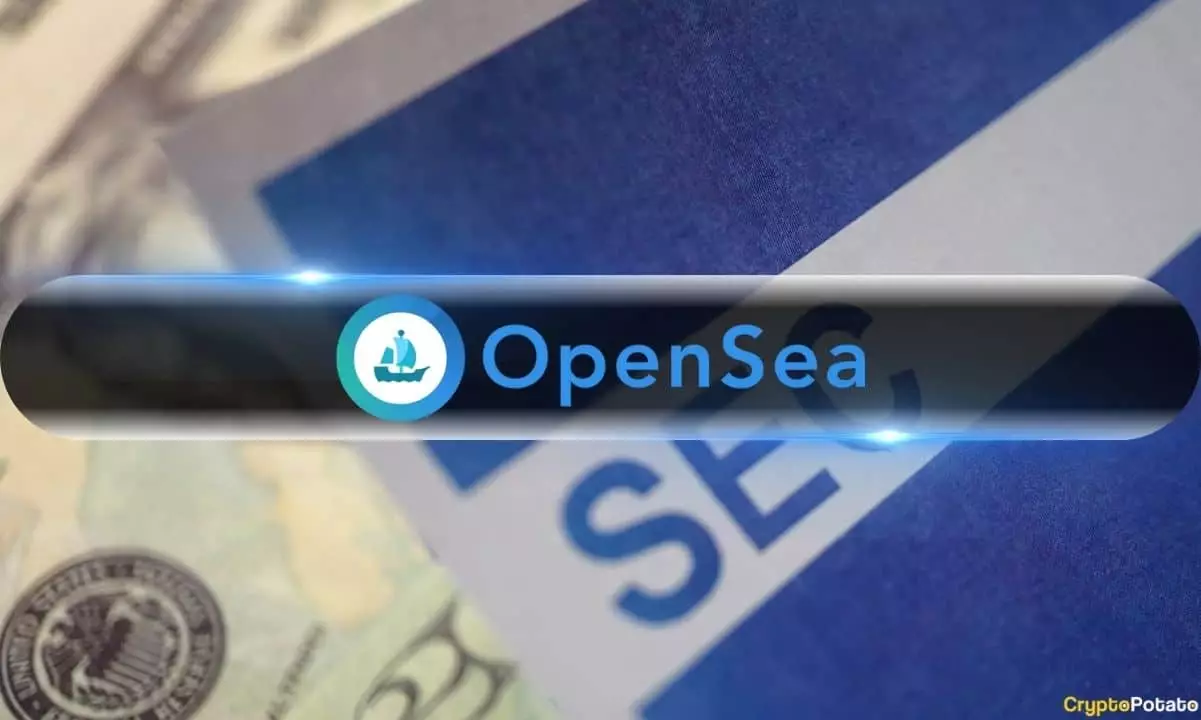The recent actions taken by the US Securities and Exchange Commission have sent shockwaves through the cryptocurrency world, with NFT platform OpenSea becoming the latest target. CEO Devin Finzer took to social media to express his dismay at receiving a Wells Notice from the SEC, signaling that the non-fungible tokens traded on the platform could be considered unregistered securities. This move has raised concerns about the potential stifling of innovation and the impact on artists and creators who may not have the means to defend themselves against such regulatory actions.
In his statement, Finzer emphasized that NFTs should be viewed as “creative goods” rather than traditional securities. He cited examples such as art, collectibles, and event tickets as falling outside the scope of securities regulations typically applied to financial assets like collateralized debt obligations and certain cryptocurrencies. The CEO also highlighted legal challenges initiated by artists who fear that their work could be classified as unregistered securities offerings, further adding to the uncertainty in the NFT space.
To support creators facing legal challenges from the SEC, OpenSea has committed $5 million to assist with legal fees for NFT creators and developers who receive Wells Notices. This gesture underscores the platform’s dedication to defending the rights of artists in the face of regulatory scrutiny. The move also reflects a broader trend of crypto companies rallying to support their respective communities in navigating the evolving regulatory landscape.
The crackdown on cryptocurrency platforms by the SEC extends beyond OpenSea to include other prominent players in the industry such as Ripple, Coinbase, and Binance. The regulatory pressure faced by these companies underscores the challenges of operating in a rapidly evolving regulatory environment where the classification of digital assets remains a point of contention. As the SEC continues to flex its regulatory muscle, the implications for the wider cryptocurrency ecosystem are still unfolding, with potential repercussions for investors, traders, and industry stakeholders alike.
The SEC’s recent actions targeting cryptocurrency platforms like OpenSea highlight the need for greater clarity and engagement between regulators and industry participants. The tensions between innovation and regulatory compliance underscore the complexities of navigating the evolving landscape of digital assets. As the debate over the classification of NFTs and other crypto assets continues, collaboration and dialogue between regulators, companies, and creators will be critical in shaping a balanced regulatory framework that supports innovation while protecting market participants.
















Leave a Reply